
By some reckoning, as few as 15 percent of supermassive black holes are hidden behind dust clouds.
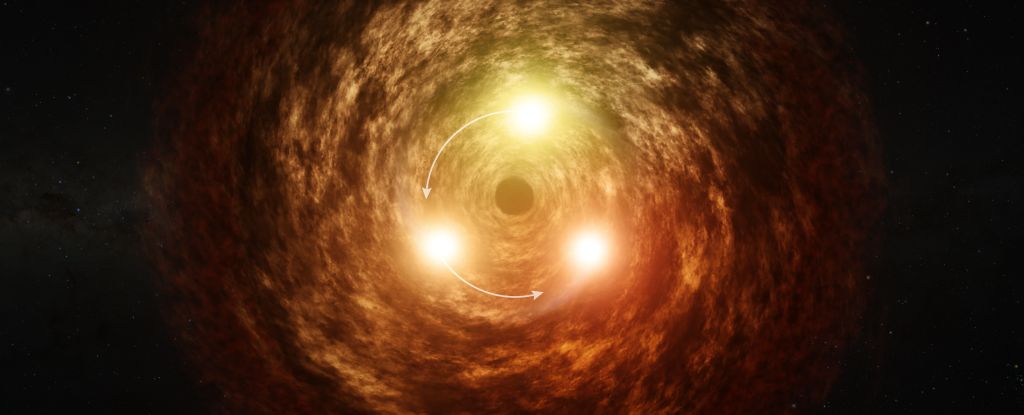
As far as supermassive black holes go, the one at the center of the Milky Way is relatively sedate. But on 6 April 2024, the black hole let out a flare observed in mid-infrared wavelengths, followed by a radio flare counterpart.
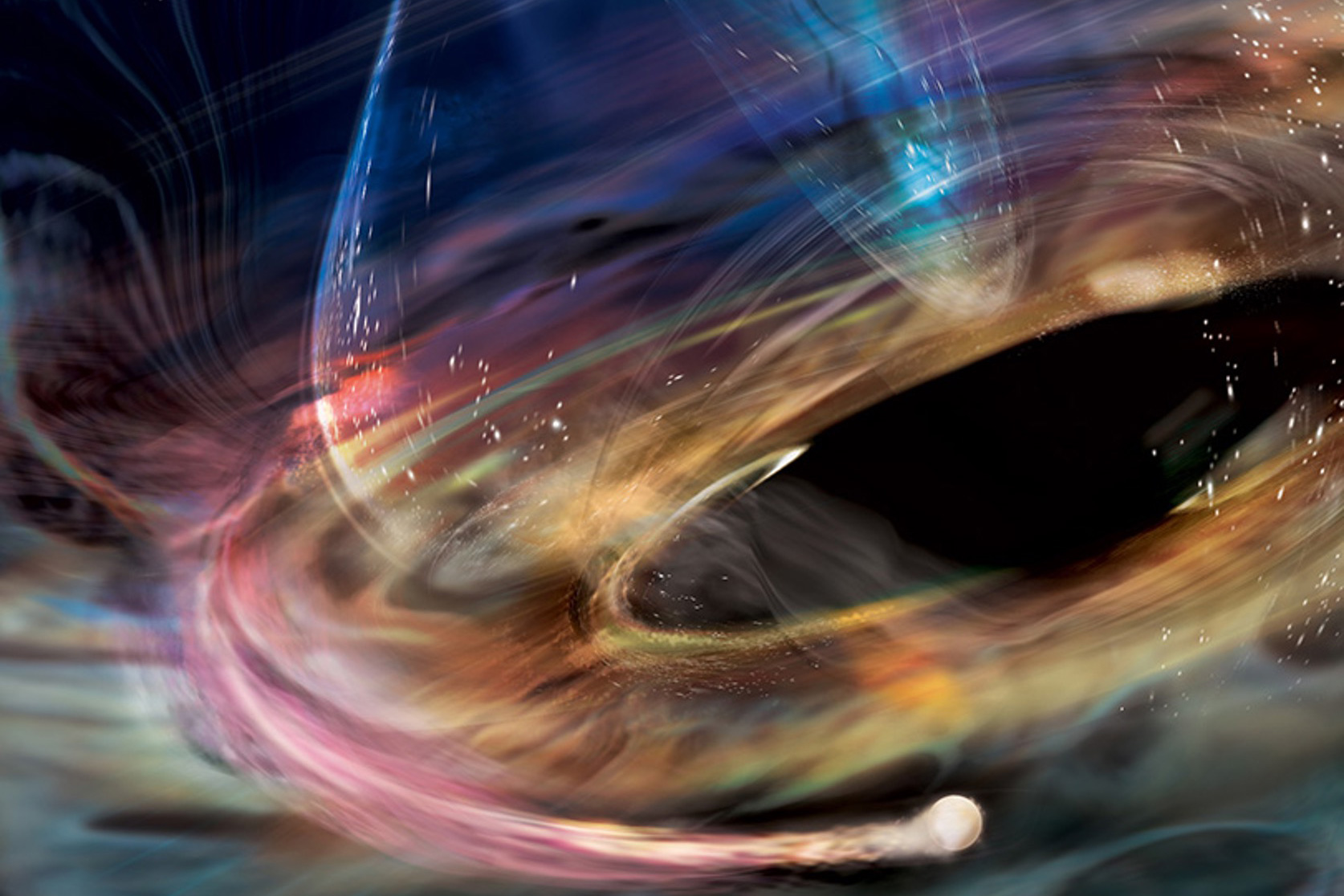
MIT astronomers observed flashes of X-rays coming from a supermassive black hole at a steadily increasing clip. The source could be the core of a dead star that's teetering at the black hole's edge.

Using the Hubble Space Telescope, astronomers homed in on a quasar called 3C 273, some 2.5 billion light-years from Earth.
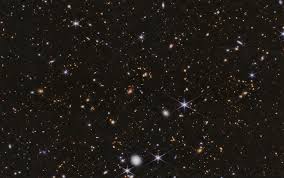
Galaxy clusters -- the big cities of the universe -- are home to many giant elliptical galaxies that have completed their growth and are not forming stars. However, it is still unclear what has shut down star formation.
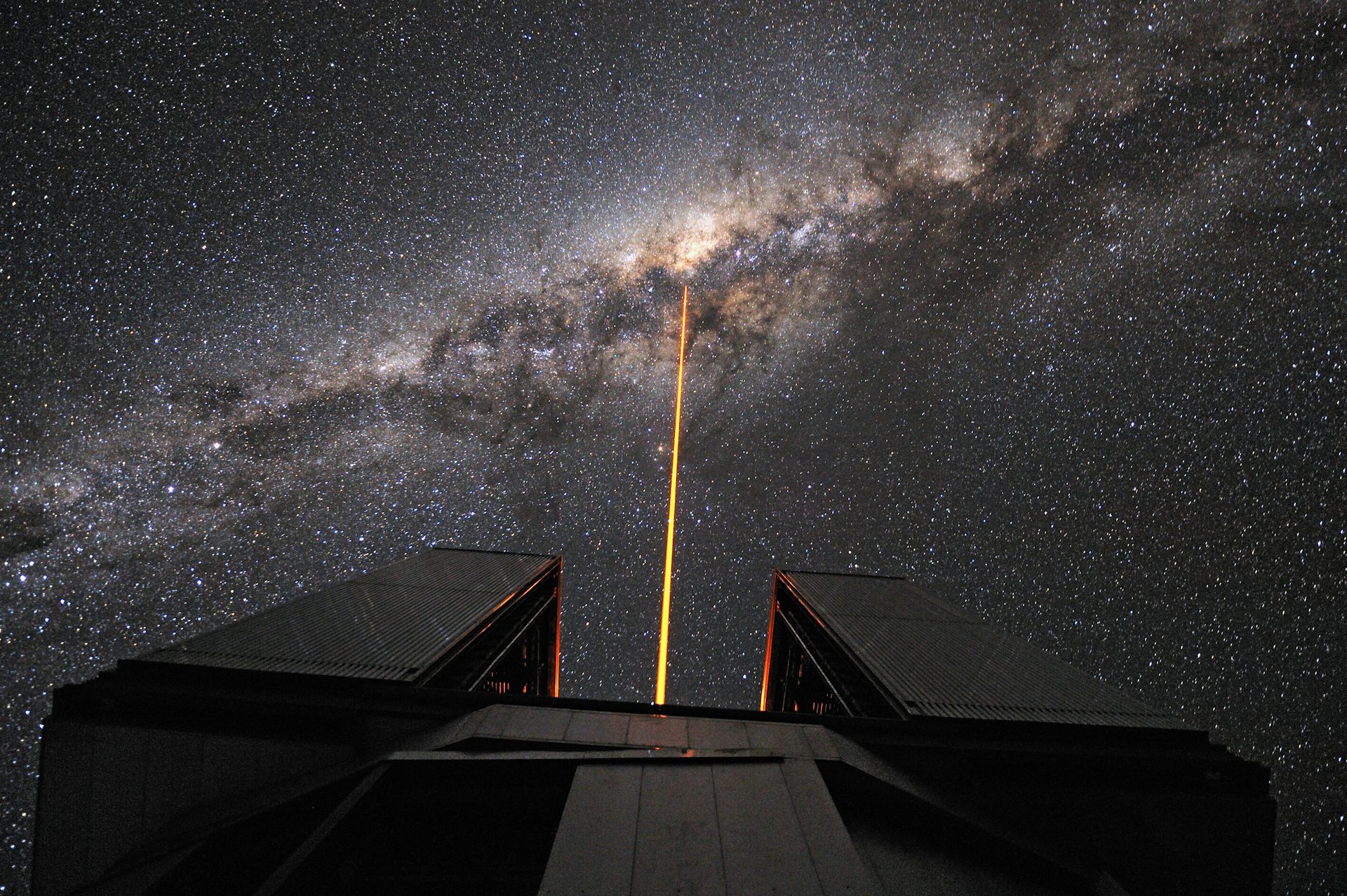
The discovery helps explain a long-running cosmic mystery about why some stars hurtle through space much faster than others.

Astronomers made a photo of a colossal belch – a gamma-ray eruption from one of the powerful jets of plasma launched from the black hole's poles as it feeds.
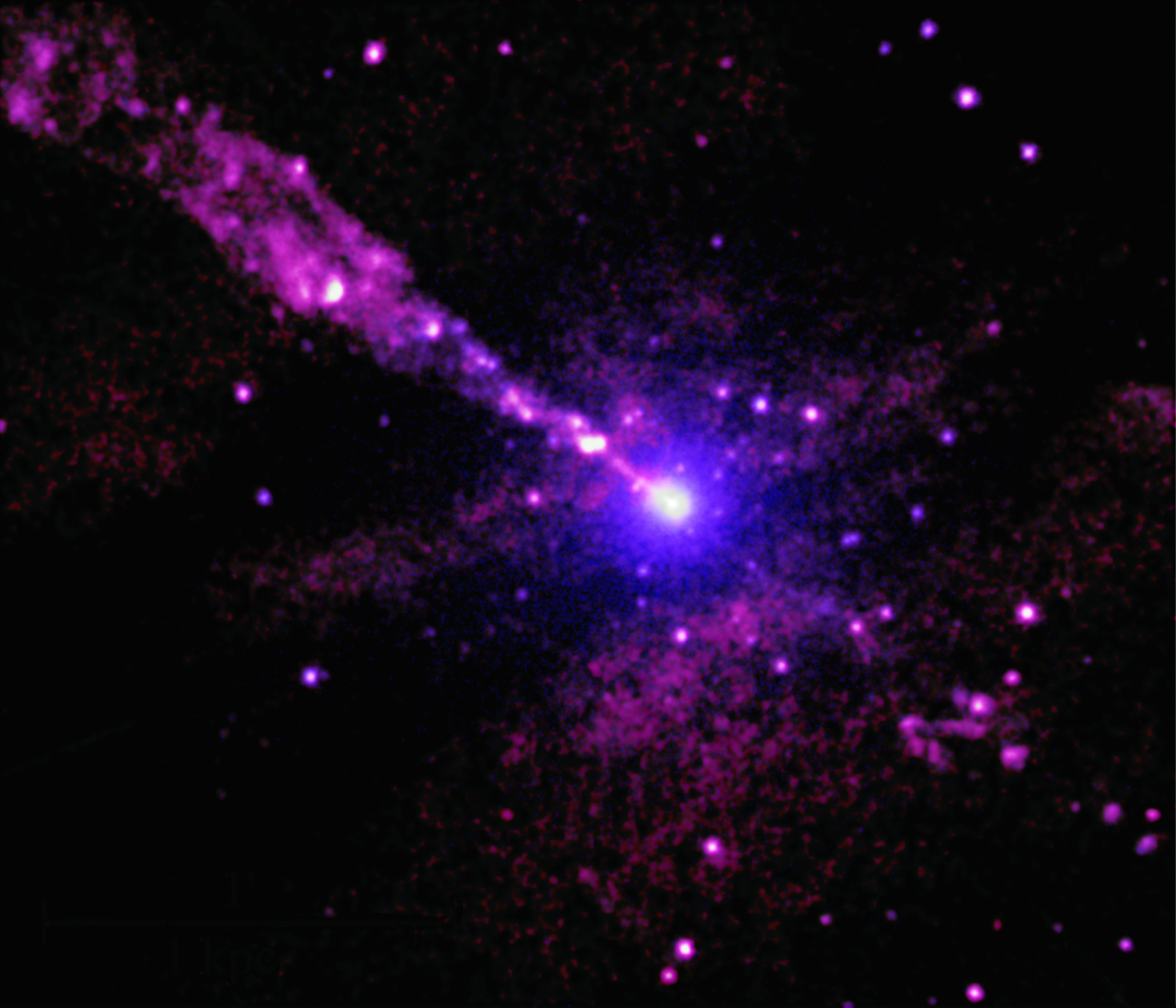
Using NASA’s Chandra X-ray Observatory, astronomers have found an unusual mark from a giant black hole’s powerful jet striking an unidentified object in its path.
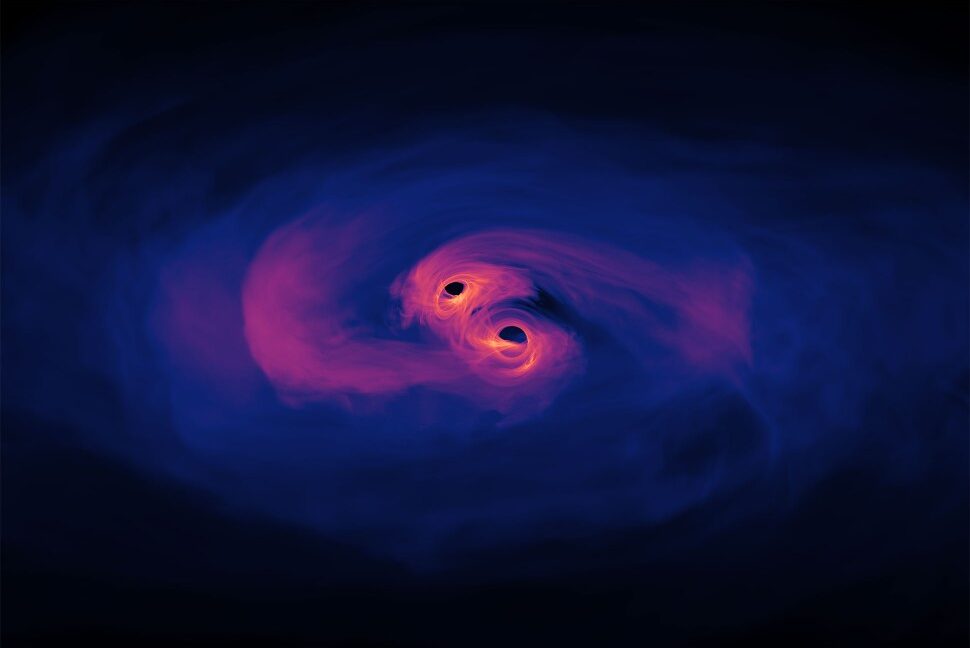
Their orbit periodically takes them through a cloud of gas, triggering flares.
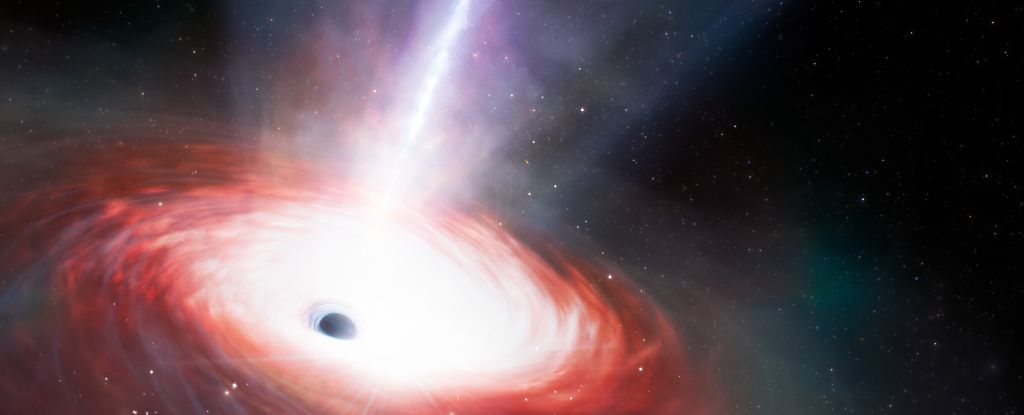
Sitting in the middle of a galaxy called LID-568, this black hole, as seen just 1.5 billion years after the Big Bang, appearing to guzzle down material at a jaw-dropping rate of over 40 times a theoretical maximum known as the Eddington limit.
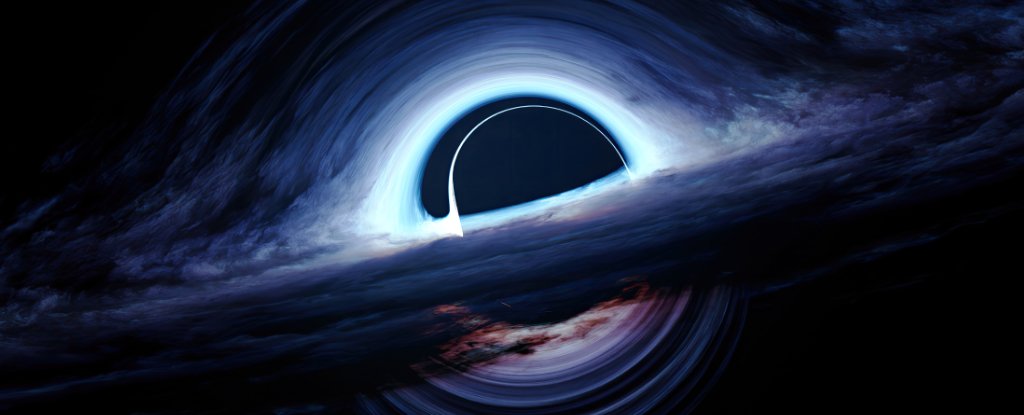
Supermassive black holes are some of the most impressive objects in the universe - with masses around one billion times more than that of the Sun.

The latest discovery used the Hubble Space Telescope (HST) to spot three bright, visible light 'hot spots' deep inside a pair of colliding galaxies.
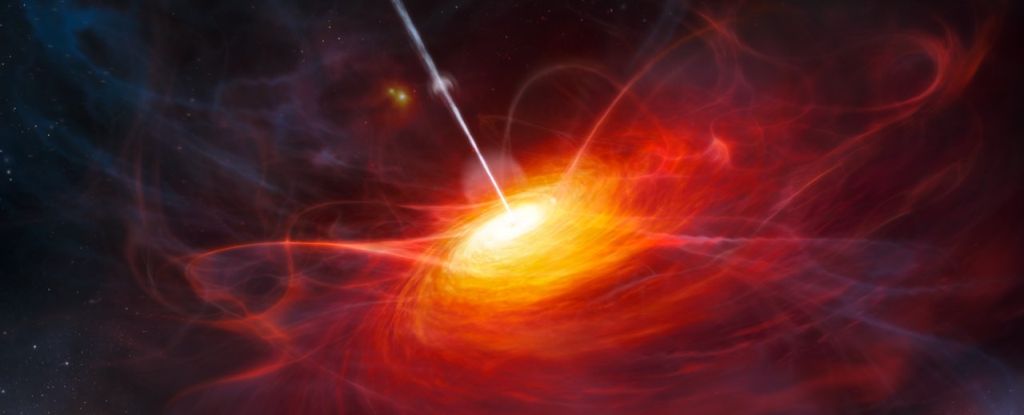
A black hole discovered lurking in the Cosmic Dawn is just way too big to easily explain.

Data from the Gaia Space Telescope was used to identify quasars, the intensely bright young galaxies fueled by black holes.

A new image from the Event Horizon Telescope (EHT) collaboration has uncovered strong and organised magnetic fields spiraling from the edge of the supermassive black hole Sagittarius A* (Sgr A*).